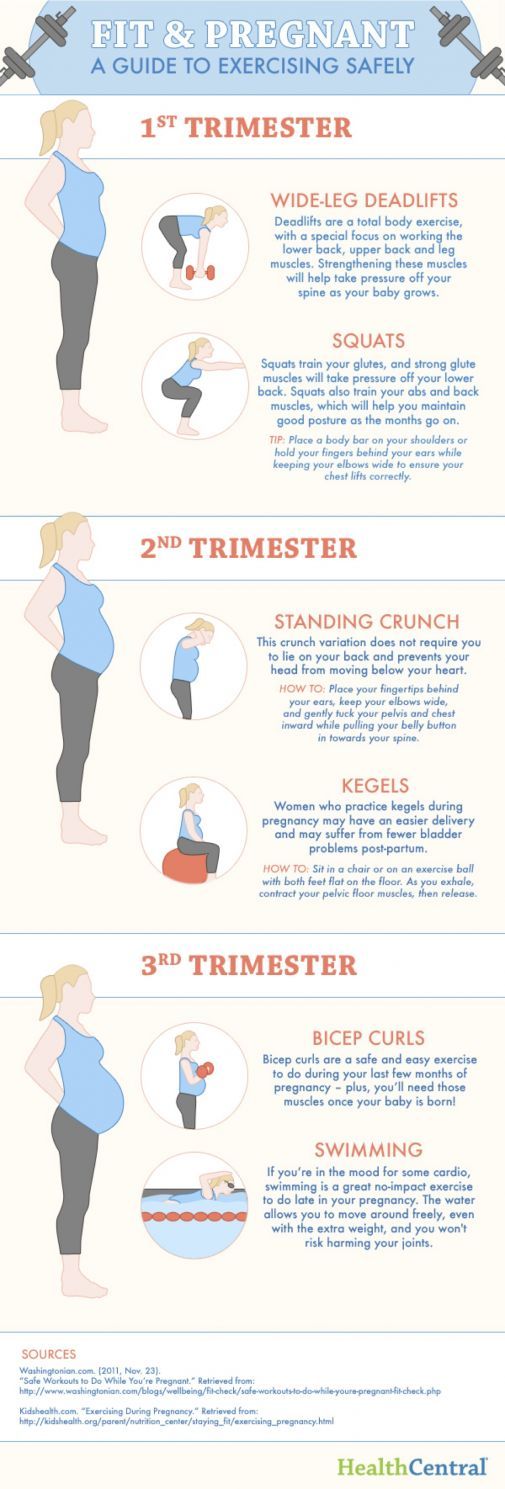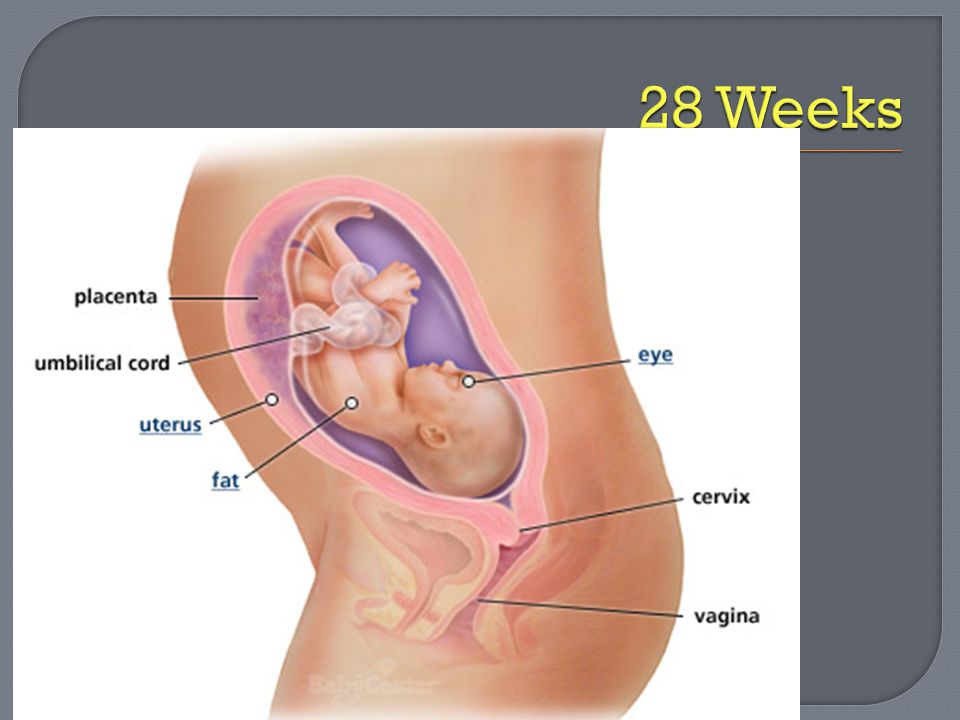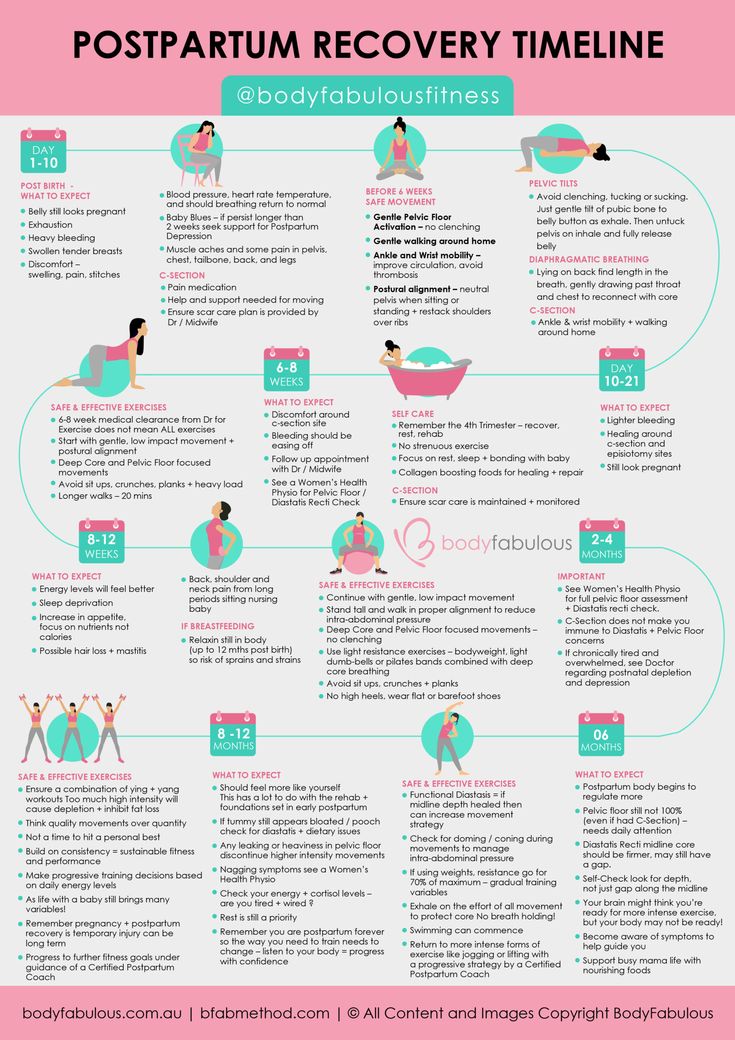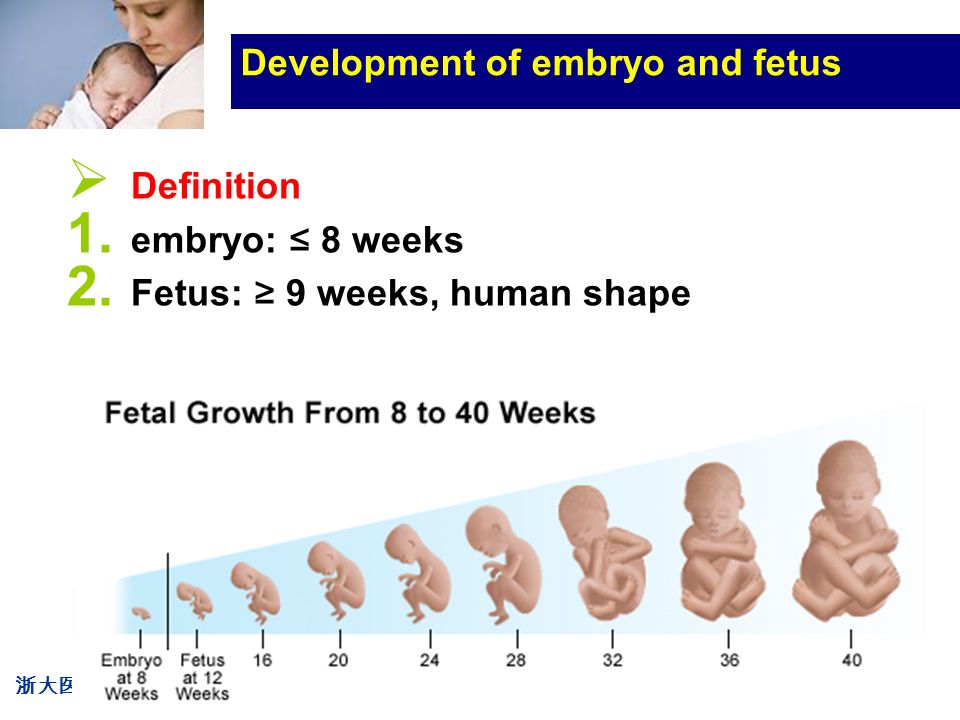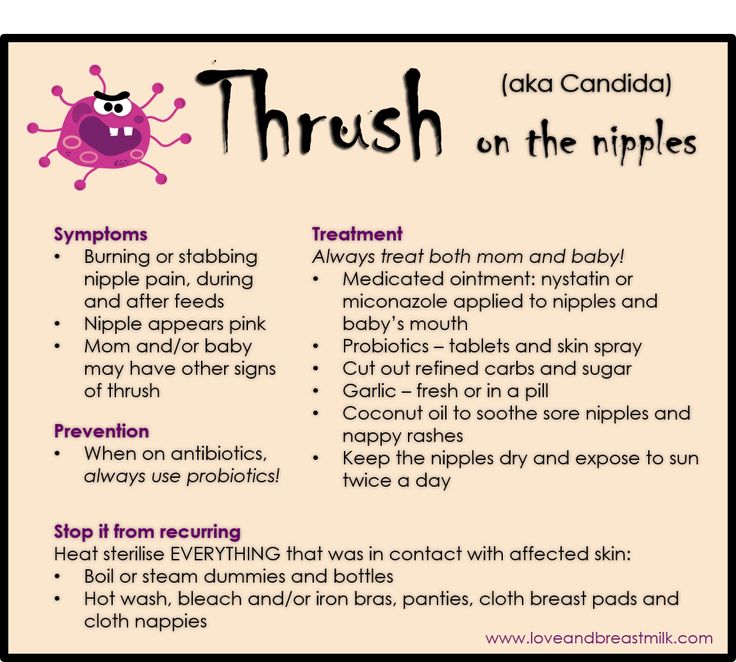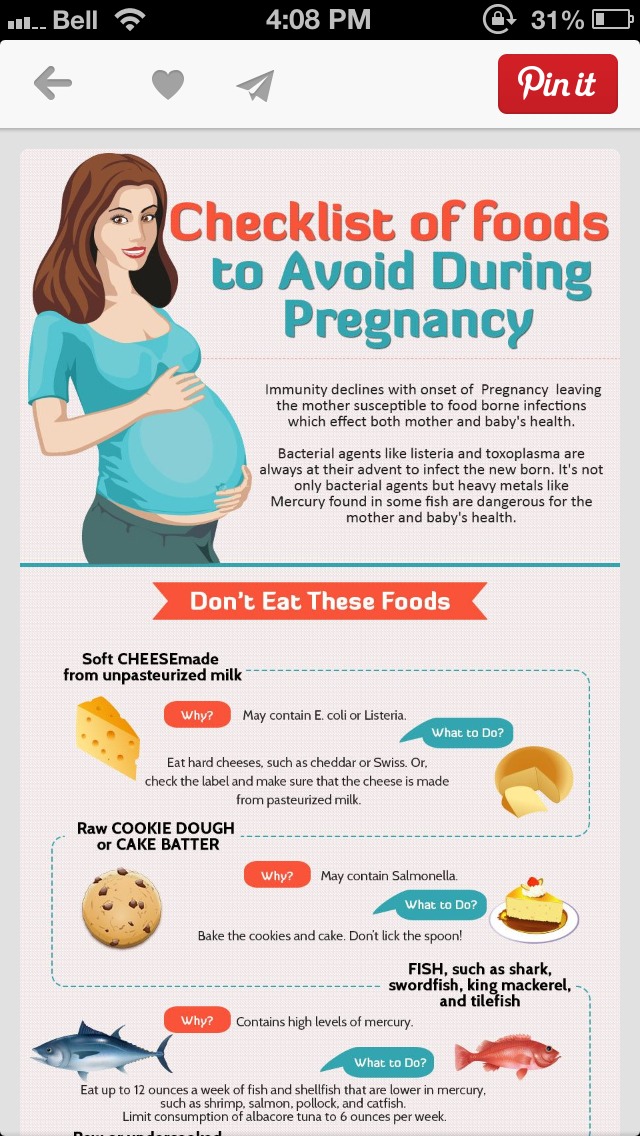What not to do while pregnant second trimester
Pregnancy dos and don’ts for each trimester, from a gynae
Pursue normal daily activities unless advised otherwise by the doctor. (Source: Getty Images)
Pregnancy is a beautiful phase of every woman’s life. As they step into motherhood and before your little bundle of joy arrives, as an expecting mother, as expecting parents, you are responsible for helping them grow in a nurturing, healthy environment. This beautiful phase comes with many questions in terms of what you can do and what you cannot. Panic not! We have a list of guidelines for you on the do’s and don’ts for each trimester, but these are no substitute to consulting your own doctor regularly.
First TrimesterThis is one of the most important and crucial phases. The first trimester begins on the first day of your last period and lasts until the end of week 12. This means that by the time you know for sure you’re pregnant, you might already be five or six weeks pregnant. A lot happens during these first three months. During this trimester, your baby grows faster than at any other time. By six weeks, a heartbeat can usually be heard and by the end of week 12, your baby’s bones, muscles and all the organs of the body have formed. At this point, your baby looks like a tiny human being and is now called a foetus.
- An early consultation with the obstetrician and regular follow-up is essential during the first trimester for a weekly progress on the development of the foetus.
- Choose the obstetrician and hospital with care. Avoid frequent changes as this leads to conflicting opinions during consultations.
- Increase the intake of folic acid supplements as it’s a type of vitamin B that is needed for the formation of blood cells. It’s extremely helpful for the development of the baby’s nervous system. The dosage will depend on the physician’s advice. Folic acid is prescribed pre- pregnancy and throughout pregnancy as it prevents neural defects in the developing foetus.

- Do consume more of organic and homemade food, since this is rich in minerals and essential vitamins and proteins. Eat a variety of healthy food that is rich in iron, calcium and folate.
- Small frequent meals at regular intervals, along with an adequate liquid intake, are essential during the first trimester. Drink at least eight glasses (1.5 litres) of fluid every day, mostly water. It’s very important to stay hydrated.
- Do choose foods with antioxidants throughout pregnancy such as dark green spinach, oranges, carrots, red apples, yellow bananas, blueberries.
- Pursue normal daily activities unless advised otherwise by the treating consultant.
- Walking plays a critical role and is considered to be the best exercise for pregnant women. It helps to keep your muscles toned and, most importantly, keeps you active. Walking helps control blood sugar levels, thus reducing the risk of gestational diabetes.
- Do take plenty of rest .
- Do ensure that you always wear a seatbelt when driving or travelling by car.

- Do not take any self-medication as there could be a health-risk for the mother and child.
- Do not consume any junk foods as they lead to an increased risk of gestational diabetes since they are high in sugar and calorific content.
- Smoking, alcohol and caffeine consumption should be avoided. If you’re pregnant, whatever you put into your body reaches your baby too. Smoking, drinking alcohol or drugs may be detrimental to your baby’s growth, development and health, so it’s important for you to change your habits.
- Do not consume street foods to avoid gastrointestinal
- In first trimester, there is no need to add any extra diet.
- Do not consume raw papaya and raw pineapple.
- Avoid foods with preservatives and pesticides.
- Avoid dehydration and stress.
- Avoid over exertion and aggressive exercises.
- Prevent weight gain till 16 weeks of pregnancy.
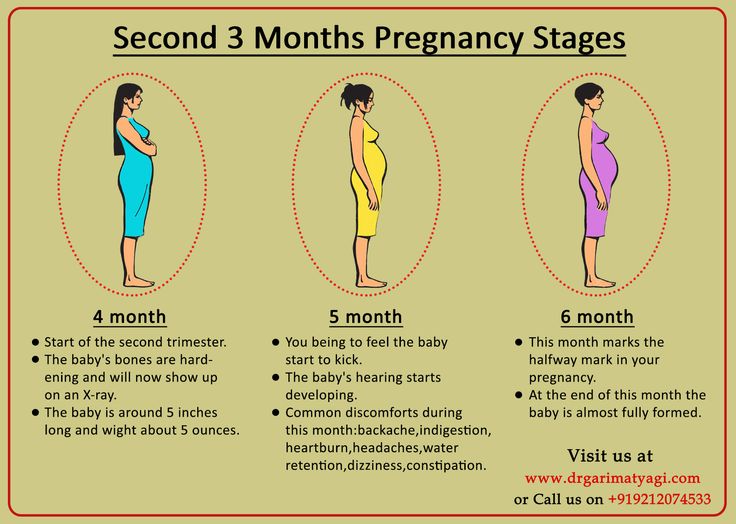
- Do not consume foods that lead to constipation.
- Don’t get into the sauna or steam room or overheat in the bath.
The second trimester is from week 13 to the end of week 26 and one of the safest and the best time during the entire phase. The discomfort that an expecting mother experiences during the first trimester will ease in the second though certain other discomforts surface. It is during the second trimester that the mother will start feeling the baby’s first movements. Things must have started settling down and now you are more comfortable.
Subscriber Only Stories
View All
Apply New Year promo code SD25
The third trimester is from week 27 to the end of the pregnancy. During this phase, a woman may experience more aches, pain and swelling as she carries around her baby. A pregnant woman may also begin to become anxious about her delivery.
Do’s of the second and third trimester- Do regular and timely check-ups with your physician.
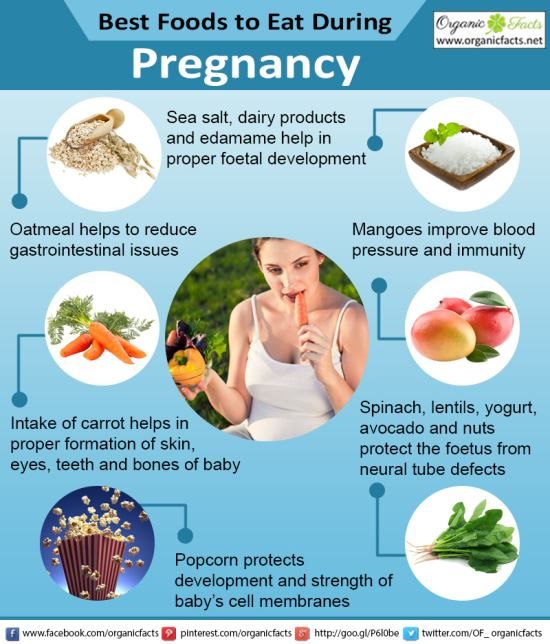
- Do get a flu vaccine. According to the World Health Organization (WHO), women who are pregnant during the flu season should receive the vaccine. There is sufficient evidence showing that the vaccine is safe for a mother and baby at any stage of pregnancy, as it offers protection from what could be a severe illness in pregnancy. A flu vaccine does not contain the live virus which means it cannot infect you, but does cause your body to build up antibodies that protect you when you’re exposed to the live virus.
- Do take a high protein diet with adequate milk and milk products. A balanced diet is very essential to ensure there is no weight gain.
- Stay hydrated. Ensure a regular intake of fluids.
- Do regular exercises such as Yoga and Lamaze. Join prenatal classes at the hospital or antenatal classes. During the third trimester, expecting mothers can look out for childcare classes, which are a very good idea.
- Do moisturise. Use creams and oils over the abdomen to prevent stretch marks.
 A pregnant woman’s belly stretches a lot in a short span of time during the second trimester. Keeping the belly moisturised helps reduce stretch marks and itching that may result due to stretching.
A pregnant woman’s belly stretches a lot in a short span of time during the second trimester. Keeping the belly moisturised helps reduce stretch marks and itching that may result due to stretching. - Do get a dental check up to prevent dental infections.
- Prepare bags for hospital.
- Prepare your home to receive the new member.
- Identify people who can help you in an emergency.
- Avoid alcohol, smoking, excessive intake of caffeine.
- Dental visits are linked to diagnostic procedures. It is better to avoid all dental procedures until after delivery as dental x-rays and some dental medication can be harmful for the foetus.
- Avoid undercooked meat to prevent diseases like Toxoplasmosis and Listeriosis.
- Avoid hot sauna baths.
- Avoid cleaning of the litter box to prevent infections.
- Avoid any kind of sexual contact in the third trimester.
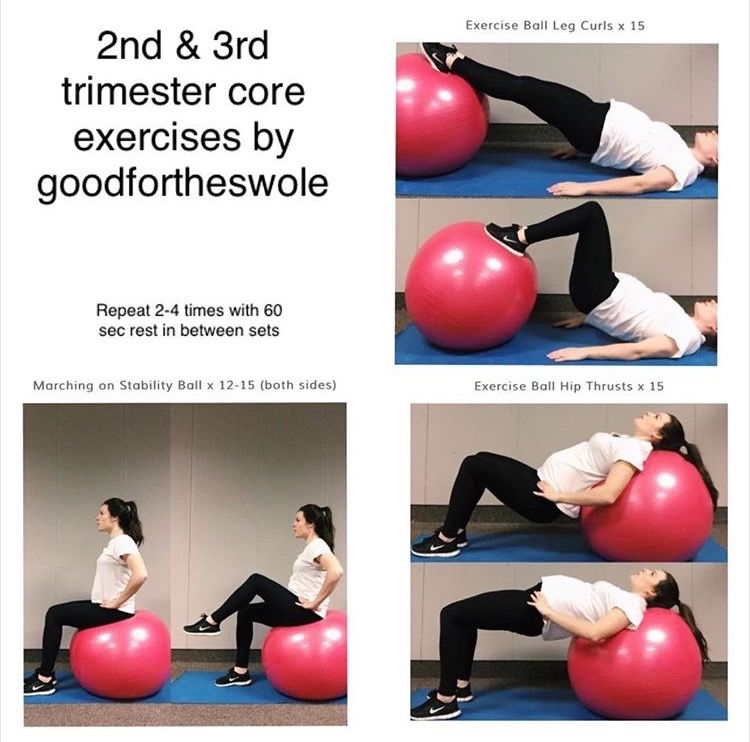
For most women, travelling during pregnancy is safe. As long as you and your foetus are healthy, you can travel safely until you are 36 weeks pregnant. The best time to travel is the middle of your pregnancy—between week 14 and week 28. Most common pregnancy problems happen in the first and third trimesters. During mid-pregnancy, your energy has returned, morning sickness usually is gone, and it is still easy to get around. Paying attention to the way you feel is the best guide for your activities.
Flying is not contraindicated in an uncomplicated pregnancy. You must be well with no abdominal pain or bleeding. Domestic travel is usually permitted until 36 weeks gestation whereas international travel may be curtailed after 32 weeks of pregnancy. This is due to the risk of preterm delivery.
Advertisement
When travelling in a car, always wear a seatbelt to protect you and your unborn baby. A seatbelt should be worn correctly.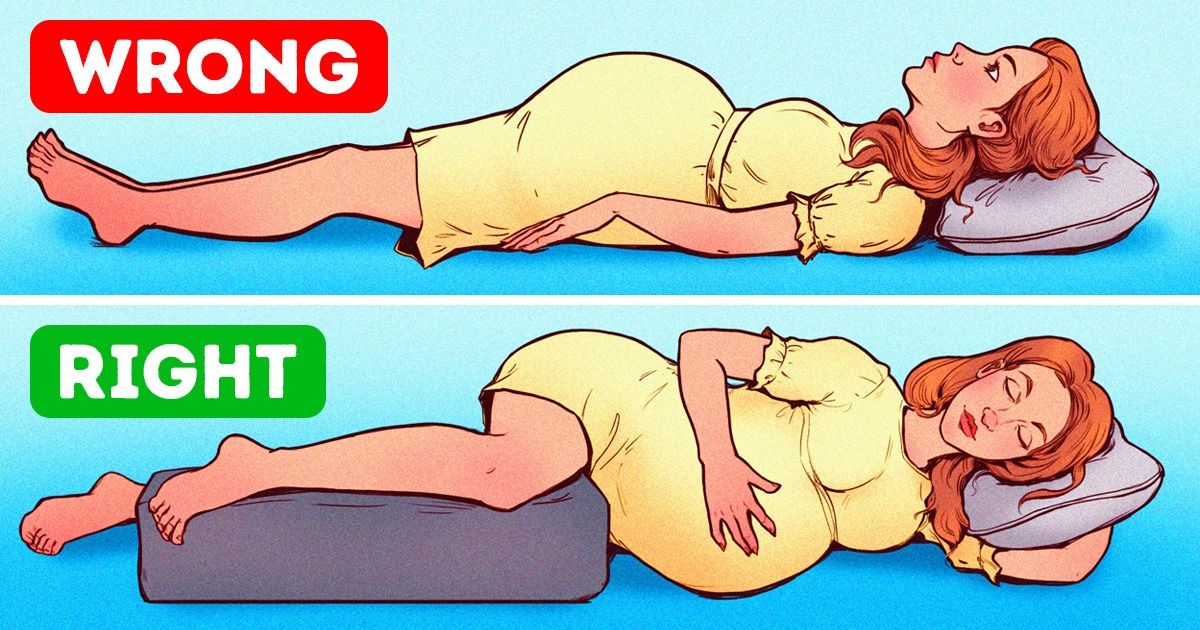
Travel is not recommended if you have certain pregnancy complications, including preeclampsia, premature rupture of membranes, and preterm labour. Travel also may not be a good idea if you are pregnant with more than one foetus. Before travelling, schedule a check-up with your obstetrician–gynaecologist (ob-gyn) before you leave. Know your estimated due date. If you have a problem while you are travelling, your caregivers will need to know how far along you are in your pregnancy.
It is important that all expecting mothers buy comfortable clothing and flats for the entire phase. It is important that every expecting mother avoids extreme stress during all the three trimesters. It can cause abnormalities in the baby early in pregnancy and result in premature labour later on.
Advertisement
Most of these prohibitions span throughout the pregnancy, but care needs to be taken according to the most important don’ts based on the foetal development. Pregnancy is a wellness and not an illness and it’s a life-changing event for expecting parents. The arrival of this little bundle of joy is definitely worth all the trouble.
The arrival of this little bundle of joy is definitely worth all the trouble.
(The writer is Director, Department of Obstetrician and Gynaecology, Cloudnine Group of Hospitals, Noida.)
Things Not to Do While Pregnant: What to Avoid
Things Not to Do While Pregnant: What to Avoid- Health Conditions
- Featured
- Breast Cancer
- IBD
- Migraine
- Multiple Sclerosis (MS)
- Rheumatoid Arthritis
- Type 2 Diabetes
- Articles
- Acid Reflux
- ADHD
- Allergies
- Alzheimer's & Dementia
- Bipolar Disorder
- Cancer
- Crohn's Disease
- Chronic Pain
- Cold & Flu
- COPD
- Depression
- Fibromyalgia
- Heart Disease
- High Cholesterol
- HIV
- Hypertension
- IPF
- Osteoarthritis
- Psoriasis
- Skin Disorders and Care
- STDs
- Featured
- Discover
- Wellness Topics
- Nutrition
- Fitness
- Skin Care
- Sexual Health
- Women's Health
- Mental Well-Being
- Sleep
- Product Reviews
- Vitamins & Supplements
- Sleep
- Mental Health
- Nutrition
- At-Home Testing
- CBD
- Men’s Health
- Original Series
- Fresh Food Fast
- Diagnosis Diaries
- You’re Not Alone
- Present Tense
- Video Series
- Youth in Focus
- Healthy Harvest
- No More Silence
- Future of Health
- Wellness Topics
- Plan
- Health Challenges
- Mindful Eating
- Sugar Savvy
- Move Your Body
- Gut Health
- Mood Foods
- Align Your Spine
- Find Care
- Primary Care
- Mental Health
- OB-GYN
- Dermatologists
- Neurologists
- Cardiologists
- Orthopedists
- Lifestyle Quizzes
- Weight Management
- Am I Depressed? A Quiz for Teens
- Are You a Workaholic?
- How Well Do You Sleep?
- Tools & Resources
- Health News
- Find a Diet
- Find Healthy Snacks
- Drugs A-Z
- Health A-Z
- Health Challenges
- Connect
- Breast Cancer
- Inflammatory Bowel Disease
- Psoriatic Arthritis
- Migraine
- Multiple Sclerosis
- Psoriasis
Medically reviewed by Katie Mena, M.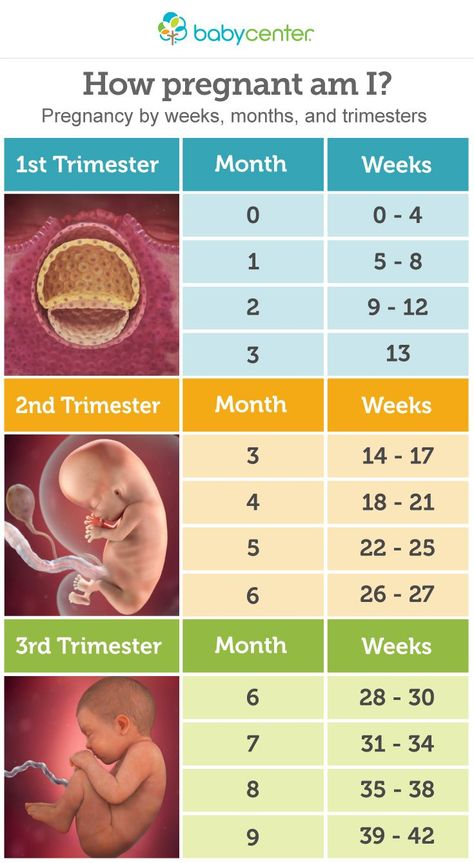 D. — By Jessica Timmons on September 12, 2016
D. — By Jessica Timmons on September 12, 2016
There aren’t many hard and fast rules about what not to do during your pregnancy, beyond abstaining from alcohol and drugs, of course. For the most part, you can continue with most of your prepregnancy life.
But because the health and safety of your growing baby is essential, here’s a list of 11 things to avoid while pregnant.
1. Certain foods
The biggest list of don’ts for pregnant women involves food.
During your pregnancy, you should avoid:
- Raw meat and shellfish: Uncooked seafood (we’re looking at you, sushi), including oysters, mussels, and clams. Also avoid rare or undercooked beef and poultry. These can be contaminated with toxoplasmosis or salmonella.
- Deli meat: Deli meats can be contaminated with listeria, bacteria that can cross the placenta and infect your developing baby. An infection in utero could lead to blood poisoning and could be life-threatening for your baby.

- Fish with high levels of mercury: That includes fish such as shark, king mackerel, swordfish, and tilefish. Wondering about tuna? In general, canned, chunk light tuna has lower levels of mercury, but it’s still smart to eat it sparingly.
- Smoked seafood: Avoid lox, kippered fish, jerky, or nova style salmon. There’s a risk that this refrigerated, smoked seafood could be contaminated with listeria. Smoked seafood that’s shelf-safe or canned, however, is probably fine.
- Raw eggs: This includes foods that contain raw eggs, so be wary of homemade Caesar dressings, Hollandaise sauces, mayonnaise, and certain custards. Raw eggs can pose a risk of salmonella.
- Soft cheeses: Some imported soft cheeses can have listeria, so steer clear of soft cheeses like Roquefort, feta, Gorgonzola, Camembert, and Brie. Mexican cheeses such as queso blanco and queso fresco should also be avoided, unless they’re made from pasteurized milk.

- Unpasteurized dairy: These products could contain listeria.
It seems extensive, but there are still plenty of great nutrition choices during your pregnancy. While it’s always important to eat a balanced diet, pregnancy is an especially critical time. In your daily mail plan, try to incorporate:
- lean proteins
- healthy fats
- lots of fresh vegetables and fruits
- water
2. Wet paint
There’s no way to measure toxicity from actual exposure to paint, so this recommendation is based on the likelihood of toxicity.
Paint toxicity depends on the individual solvents and chemicals in the paint, as well as exposure. While it’s assumed that household painting has a low exposure level, the safest course of action is to seriously reduce your exposure to the fumes from these paints.
Even better? Find someone else to handle the painting.
3. Caffeine
Share on Pinterest
It’s a stimulant and a diuretic, which means drinking your usual few cups of coffee every day will increase your blood pressure, heart rate, and the number of trips you make to the restroom. Plus, caffeine crosses the placenta.
Plus, caffeine crosses the placenta.
While you may function just fine caffeinated, your growing baby doesn’t. That’s because your baby’s metabolism is still developing.
You don’t have to forgo caffeine entirely: Moderate levels of caffeine, defined as 150 to 300 milligrams (mg) a day, should be fine.
Just remember that caffeine isn’t just in tea and coffee. You’ll find it in chocolate, sodas, and even certain over-the-counter medicines.
4. Certain medications
Share on Pinterest
Some medications can be harmful to your growing baby. Before taking any over-the- counter or prescription medications and supplements, speak to your doctor.
5. Stilettos
Share on Pinterest
Stick to heels with a 3-inch heel or less: Think kitten heels, wedges, and platforms. As your belly grows, your center of gravity will change. So you may find yourself a little unsteady on your feet. Add to that swollen ankles, and you may find yourself living in your flip flops.
6. Hot tubs and saunas
Share on Pinterest
If you’re feeling aches and pains during your pregnancy, relaxing in a hot tub may seem ideal. But an elevated body temperature during the first trimester can lead to certain birth defects.
Skip the hot tub, which usually maintains a water temperature around 104°F, and try a warm bath instead.
7. Kitty litter
Share on Pinterest
If you must change kitty, wear gloves and wash your hands well afterward. Cat feces can carry toxoplasmosis, a rare parasitic disease.
While you’re more likely to contract it by eating raw meat or through gardening, it’s still a good idea to have someone else change the cat litter daily.
8. Secondhand smoke
Share on Pinterest
Smoking is terrible for you and your baby, but secondhand smoke can be nearly as bad. There are roughly 4,000 chemicals in secondhand smoke, and some of them have been linked to cancer.
Exposure to secondhand smoke during your pregnancy can lead to:
- miscarriage
- premature delivery
- low birth weight
- learning or behavioral issues as your baby grows
- sudden infant death syndrome
9.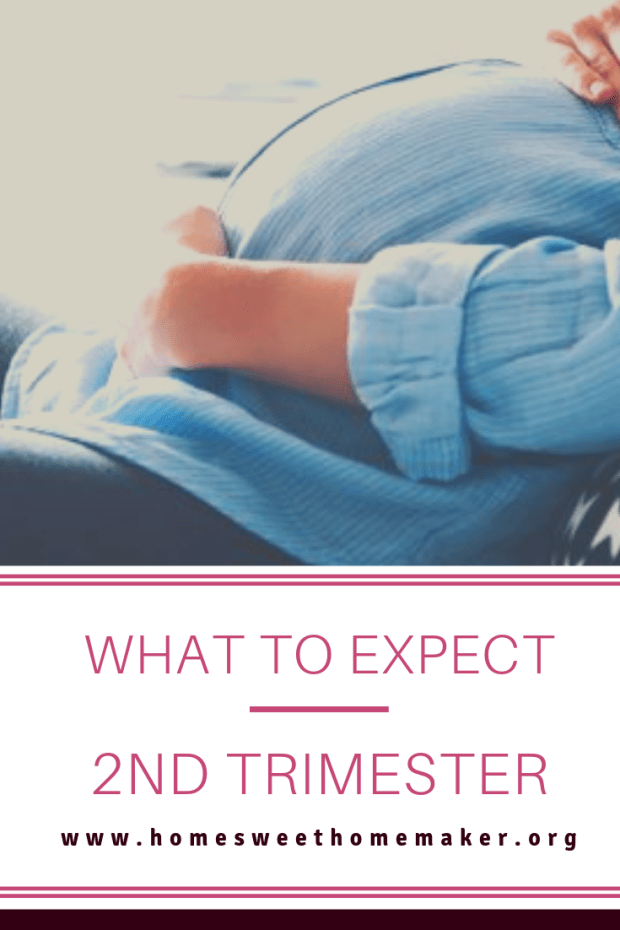 Alcohol
Alcohol
Share on Pinterest
Avoid wine, beer, and liquor during your pregnancy. Alcohol passes quickly from your bloodstream through the placenta and umbilical cord to your baby, and this can harm your developing baby’s brain and organs.
Other potential risks include:
- premature birth
- fetal alcohol spectrum disorders
- brain damage
- birth defects
- miscarriage
- stillbirth
10. Sitting or standing for too long
Share on Pinterest
During pregnancy, staying in same position for too long, seated or standing, can be problematic. It can cause all types of problems including swollen ankles and vein problems.
Try taking short breaks frequently to move around if you’ve been seated, or to put your legs up if you’ve been on your feet.
11. Believing everything you read
Share on Pinterest
You can find all sorts of contradictory information online, in books, and in magazines. Be reasonable, trust your instincts, and remember that erring on the side of caution is never a bad idea. If in doubt, speak to your doctor.
Be reasonable, trust your instincts, and remember that erring on the side of caution is never a bad idea. If in doubt, speak to your doctor.
The takeaway
Remember, you won’t be pregnant forever. Hang in there, as all of these off-limits foods and activities will soon be available to you again.
For pregnancy-safe nutrition tips, recipe inspiration and weekly tips, sign up for our I’m Expecting newsletter.
Share on Pinterest
Last medically reviewed on September 12, 2016
- Parenthood
- Pregnancy
- Pregnancy Health
How we reviewed this article:
Healthline has strict sourcing guidelines and relies on peer-reviewed studies, academic research institutions, and medical associations. We avoid using tertiary references. You can learn more about how we ensure our content is accurate and current by reading our editorial policy.
- Alcohol during pregnancy.
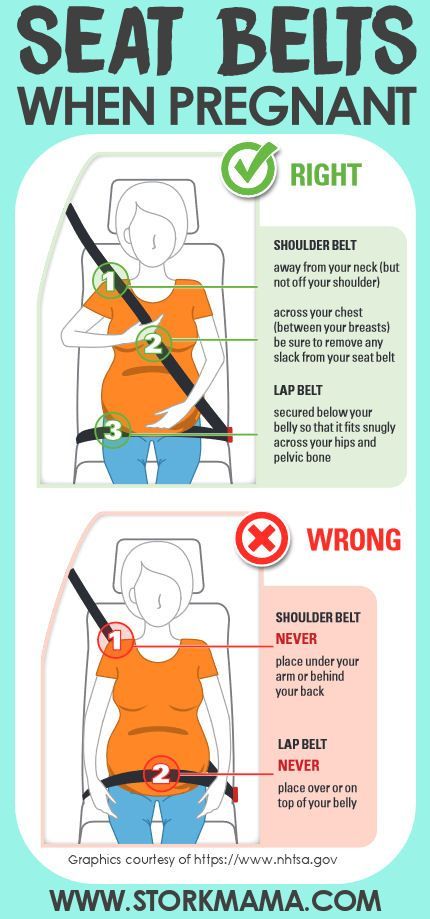 (2016, April)
(2016, April)
marchofdimes.org/pregnancy/alcohol-during-pregnancy.aspx - Caffeine intake during pregnancy. (2015, July)
americanpregnancy.org/pregnancy-health/caffeine-during-pregnancy/ - Foods to avoid during pregnancy. (2015, July)
americanpregnancy.org/pregnancy-health/foods-to-avoid-during-pregnancy/ - Harms, R. W. (2014, August 5). What causes ankle swelling during pregnancy – and what can I do about it? Retrieved from
mayoclinic.org/healthy-lifestyle/pregnancy-week-by-week/expert-answers/swelling-during-pregnancy/faq-20058467 - Mayo Clinic Staff. (2014, May 14). Pregnancy week by week
mayoclinic.org/healthy-lifestyle/pregnancy-week-by-week/in-depth/pregnancy/art-20047441?pg=2 - Paint and pregnancy. (2015, July)
americanpregnancy.org/pregnancy-health/paint-and-pregnancy/ - Pregnancy and toxoplasmosis. (n.d.)
humanesociety.org/animals/resources/tips/toxoplasmosis. html
html - Pregnant in a hot tub. (n.d.)
americanpregnancy.org/pregnancy-health/hot-tubs-during-pregnancy/ - Second hand smoke and pregnancy. (n.d.)
americanpregnancy.org/pregnancy-complications/second-hand-smoke-and-pregnancy/
Our experts continually monitor the health and wellness space, and we update our articles when new information becomes available.
Current Version
Sep 12, 2016
Written By
Jessica Timmons
Edited By
Ruby Thompson
Medically Reviewed By
Katie Mena, MD
Share this article
Medically reviewed by Katie Mena, M.D. — By Jessica Timmons on September 12, 2016
related stories
11 Foods and Beverages to Avoid During Pregnancy - What Not to Eat
Medications You Should Avoid During Pregnancy
17 Pregnancy Do’s and Don’ts That May Surprise You
13 Foods to Eat When You’re Pregnant
What You Should Know About Swimming During Pregnancy
Read this next
11 Foods and Beverages to Avoid During Pregnancy - What Not to Eat
By Adda Bjarnadottir, MS, RDN (Ice)
Certain foods can be very harmful for pregnant women and their babies.
 This is a list of 11 foods and drinks that pregnant women should avoid.
This is a list of 11 foods and drinks that pregnant women should avoid. READ MORE
Medications You Should Avoid During Pregnancy
Medically reviewed by Zara Risoldi Cochrane, Pharm.D., M.S., FASCP
Some medicines are considered unsafe to take during pregnancy. They may be damaging to you or your developing baby. Discover some medicines to avoid…
READ MORE
17 Pregnancy Do’s and Don’ts That May Surprise You
Medically reviewed by Debra Rose Wilson, Ph.D., MSN, R.N., IBCLC, AHN-BC, CHT
There are a lot of do’s and don’ts that come along with pregnancy. Learn which ones you should follow for a healthy pregnancy and baby.
READ MORE
13 Foods to Eat When You’re Pregnant
By Adda Bjarnadottir, MS, RDN (Ice)
What you eat during pregnancy is important for your health, as well as the health of your baby.
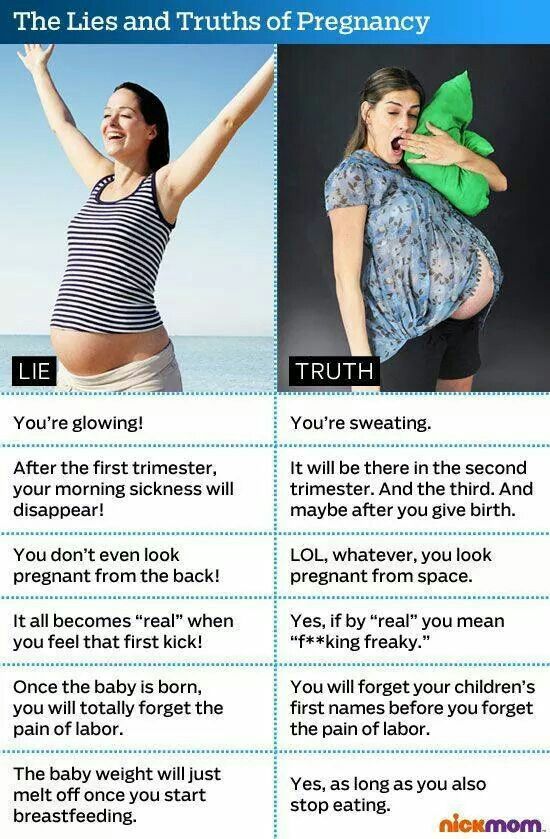 Here are 13 foods you should eat when you're pregnant.
Here are 13 foods you should eat when you're pregnant.READ MORE
What You Should Know About Swimming During Pregnancy
Medically reviewed by Valinda Riggins Nwadike, MD, MPH
With so many things restricted, you may wonder if swimming during pregnancy is safe. We've got answers to your questions and tips for making the most…
READ MORE
The Effects of Smoking Weed While Pregnant
Medically reviewed by Debra Rose Wilson, Ph.D., MSN, R.N., IBCLC, AHN-BC, CHT
What a mom-to-be puts on her skin, eats, and smokes affects her baby. Using weed during pregnancy can be dangerous for your developing baby-to-be. THC…
READ MORE
How to Predict When Your Baby Will Drop
Medically reviewed by Debra Rose Wilson, Ph.D., MSN, R.N., IBCLC, AHN-BC, CHT
Your baby dropping is one of the first signs that your body is getting ready for labor.
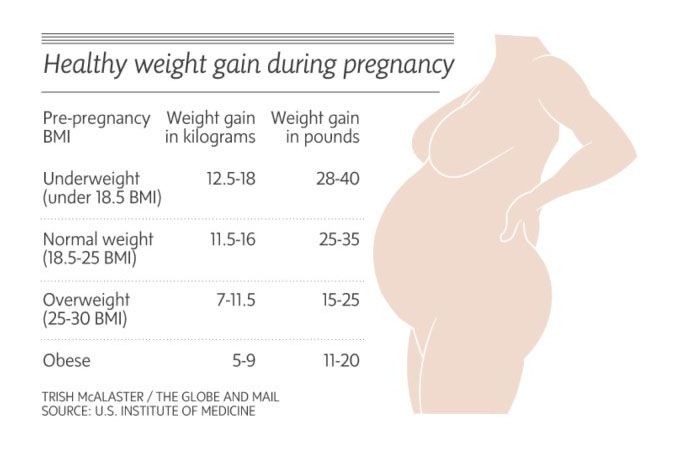 A registered nurse and mother of four tells you what you need…
A registered nurse and mother of four tells you what you need…READ MORE
The Best Pregnancy Apps of 2020
These are the best iPhone and Android apps to find information, answers, tools, and tracking during your pregnancy. From scheduling doctor’s visits…
READ MORE
7 Books That Shine a Light on Pregnancy
For everything from what to eat during pregnancy to how to plan for birth and what comes after, check out these best pregnancy books!
READ MORE
The Best Pregnancy Videos of the Year
No matter what you're going through, check out these videos offering a mixture of spoofs, uplifting tales, and somber accounts of pregnancy.
READ MORE
Contraindications for early pregnancy and 2nd and 3rd trimesters
Foreword
Pregnancy is a wonderful, but also a responsible time. The course of pregnancy and the health of the unborn child depend on the behavior of the expectant mother.
The course of pregnancy and the health of the unborn child depend on the behavior of the expectant mother.
Lifestyle changes during pregnancy, of course. Today we will talk about contraindications during pregnancy, about those prohibitions that her condition imposes on a woman.
It is known that the entire period of pregnancy is divided into three trimesters. And in each of them there are different contraindications during pregnancy. nine0005
Contraindications in the first trimester of pregnancy
The first trimester of pregnancy is the most important period of the entire pregnancy, because at this time all the main systems of the new organism are formed. Therefore, in the first trimester of pregnancy, the list of restrictions is the most voluminous.
In order for a child to be healthy and develop properly, he must be provided with high-quality building materials and nullify all adverse factors that may affect the development of the body. nine0005
What should not be done in the first trimester of pregnancy?
- First of all, it is necessary to give up such a bad habit as smoking.
 If you smoked before pregnancy, then it is necessary to leave cigarettes immediately! Smoking has an extremely negative effect on intrauterine development and leads to the formation of pathologies of varying severity. Passive smoking should also be avoided. It is unacceptable to be in the same room with a smoker. Very often, a woman's body takes care of itself - when pregnancy occurs, she begins to experience a strong aversion to the smell of cigarette smoke. nine0026
If you smoked before pregnancy, then it is necessary to leave cigarettes immediately! Smoking has an extremely negative effect on intrauterine development and leads to the formation of pathologies of varying severity. Passive smoking should also be avoided. It is unacceptable to be in the same room with a smoker. Very often, a woman's body takes care of itself - when pregnancy occurs, she begins to experience a strong aversion to the smell of cigarette smoke. nine0026 - Alcohol is the second enemy of the normal course of pregnancy. The influence of alcohol is especially harmful in the early stages, when the main systems of the body are being formed.
- Crowded places should be avoided as there is a risk of infection in crowded places. Infectious diseases have an extremely negative effect on pregnancy, especially since the list of medicines that can be used during this period is extremely small.
- The same applies to colds, which, among other things, can lead to serious complications due to the weakness of the body.
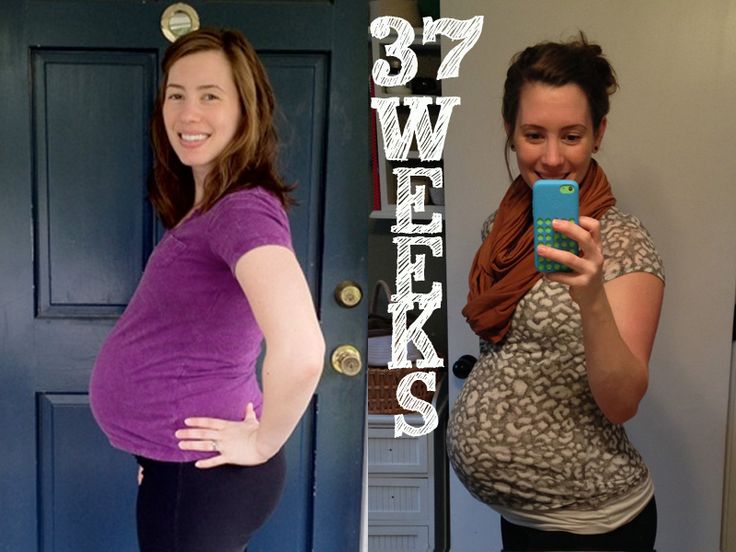 Therefore, it is advisable not to overcool, not to be in a draft, not to wet your feet. nine0026
Therefore, it is advisable not to overcool, not to be in a draft, not to wet your feet. nine0026 - Fluorography and other x-rays should not be done except for vital indications. X-ray radiation has an extremely negative effect on the development of the child and can lead to developmental pathology.
- Before taking medicines during pregnancy, you should read the package leaflet very carefully and consult your doctor. Many medicines are contraindicated during pregnancy, and it is strictly forbidden to take them. These drugs include many antibiotics, tranquilizers, painkillers, narcotic drugs, and some others. nine0026
- Stress is also a contraindication during pregnancy. Excessive nervous tension and negative emotions have an extremely negative effect on the development of the child. With stressful loads, hormonal collection often occurs, which negatively affects the development of pregnancy.
- A very important contraindication during pregnancy is weight lifting.
 You can not heavily load the muscles of the abdomen and pelvis. Exhausting physical exercises should be abandoned. And, of course, to exclude various extreme sports, giving preference to more relaxed activities: swimming, walking, simple yoga exercises, physical therapy and breathing exercises. nine0026
You can not heavily load the muscles of the abdomen and pelvis. Exhausting physical exercises should be abandoned. And, of course, to exclude various extreme sports, giving preference to more relaxed activities: swimming, walking, simple yoga exercises, physical therapy and breathing exercises. nine0026 - Nutrition during pregnancy should be taken very seriously. Dyes, chemical flavoring additives in food are contraindicated.
- As for products of animal origin, they require complete heat treatment before consumption. It is forbidden to eat half-cooked food, as dangerous parasites and bacteria that cause serious illness can be present in uncooked foods.
- If you have pets at home, especially cats, entrust the care of the cat to someone from the household. Cat feces can contain pathogens of toxoplasmosis, a dangerous disease that negatively affects the development of the child. nine0026
Pregnancy contraindications - controversial issues
Some restrictions during the first trimester of pregnancy are controversial today. Let's focus on the most important points.
Let's focus on the most important points.
- Sex life
During sexual intercourse, there is an active contraction of the muscles of the uterus and small pelvis, so it is advisable to abstain from sex in the first trimester of pregnancy. This is especially true with the threat of miscarriage. However, even if your pregnancy is going well, sexual contact can cause complications because the fetus may be displaced or disturbed. nine0005
Over time, the embryo becomes more protected, so after the first trimester of pregnancy, if you feel good, there are no restrictions on your sex life.
- Cosmetics
During the first trimester of pregnancy, you must continue to take care of your body. However, it is recommended not to use cosmetics with fragrances and strong odors. Currently, many hypoallergenic personal care products are being produced, you can also use children's cosmetics. nine0005
It is good to use natural natural remedies: masks made from vegetables and fruits, such as cucumber mask or strawberry mask, as well as honey and olive oil. In specialized stores there is a large selection of cosmetics for expectant mothers.
In specialized stores there is a large selection of cosmetics for expectant mothers.
Hair coloring is not a contraindication during pregnancy. However, it is not recommended to dye your hair with any paint. The chemical elements that make up the paint negatively affect the condition of the hair. Therefore, if you decide to dye your hair, especially in the first trimester of pregnancy, give preference to expensive proven dyes. And it is best to use natural substances: henna or basma. nine0005
- Physical activity
Heavy physical activity is contraindicated during the first trimester of pregnancy. Serious stress on the body should be avoided, so if you were involved in extreme or power sports before pregnancy, change activities. It is possible and necessary to engage in physical education during the first trimester, but change your occupation, give preference to swimming, yoga, physiotherapy exercises, and walks in the fresh air. nine0005
There are special complexes of therapeutic and breathing exercises for pregnant women.
- Tanning and solarium
Ultraviolet is necessary for normal health and functioning of all body systems. Therefore, sunbathing is not forbidden. Of course, it is best to do it on the beach. It is only necessary to remember that it is necessary to be in the sun in the morning and evening hours, before 11 am and after 4 pm, since in the daytime the sun is very active and can harm the body. nine0005
Also remember to protect yourself from sunburn and use sunscreen. Sunbathing should not be prolonged, and at the slightest sign of indisposition, they should be stopped. It is best that exposure to sunlight on the body occurs in partial shade.
Is a solarium contraindicated in the first trimester of pregnancy? Here the opinions of experts differ. However, if there are no complications of pregnancy and strict contraindications, then you can visit the solarium, observing the precautionary measures: the stomach must be covered with a cloth, and you should also carefully monitor your well-being, and at the slightest sign of malaise, stop the procedure.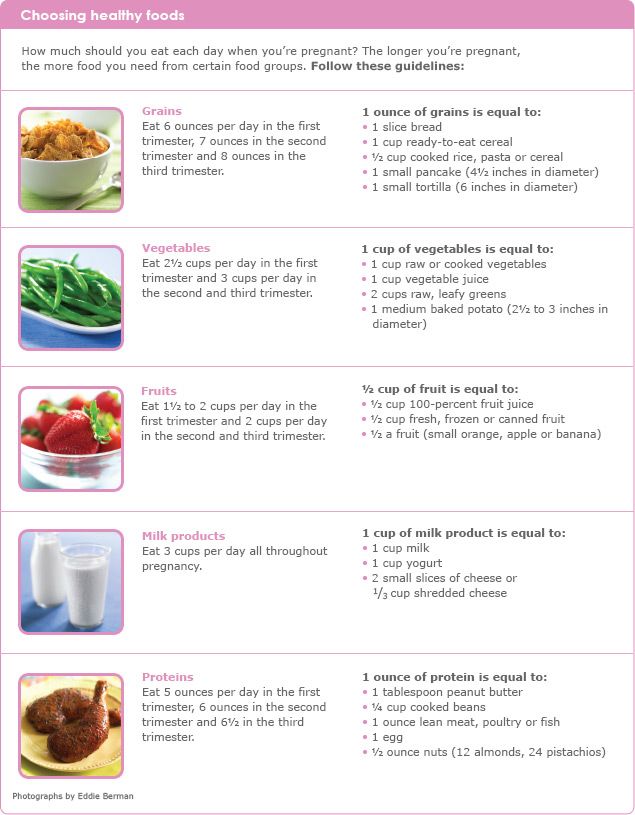 nine0005
nine0005
- Travel
Traveling long distances is recommended to be postponed. The fact is that vibrations in the train and on the plane lead to tension in the muscles of the back and abdomen, and can provoke an increased tone of the uterus. In addition, when traveling by plane, the body experiences stress caused by pressure differences.
However, if the pregnancy is normal, the woman is in good physical shape, flying and train travel are not contraindicated. You just need to follow some precautions: drink plenty of water during the flight, wear loose clothing, and walk around the cabin several times during the flight. As for the train, here one should not save on amenities, it is not advisable to travel in a reserved seat, and even more so in a common carriage, a place, of course, should be chosen on the lower shelf. nine0005
Trips bring a lot of positive emotions, so if there are no serious contraindications, consult a doctor and feel free to hit the road!
- Power supply
Fast food and foods that cause allergic reactions should be excluded from your diet.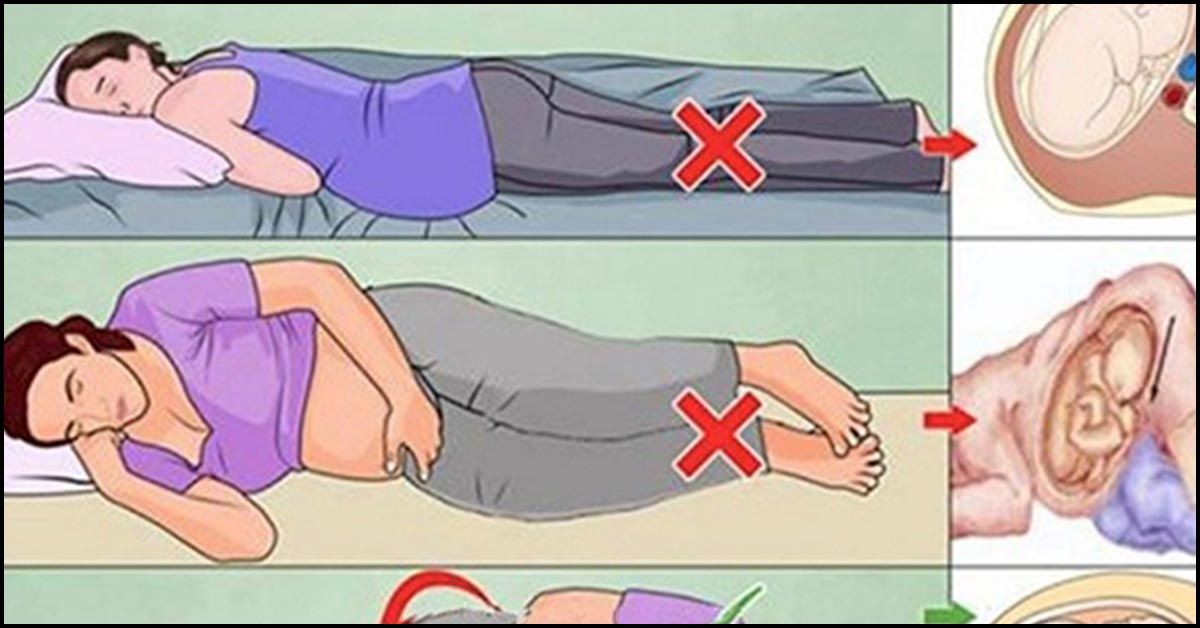 But if you really want to eat a hamburger, then you can sometimes afford it. Just don't get carried away!
But if you really want to eat a hamburger, then you can sometimes afford it. Just don't get carried away!
In the first trimester of pregnancy, many women experience morning sickness. Therefore, fatty and heavy foods become a contraindication in the first trimester of pregnancy. nine0005
- Coffee and cocoa
Coffee excites the nervous system and affects the heart. Therefore, coffee is a contraindication during pregnancy if you have problems with the heart or blood vessels. At the same time, in moderation, coffee is useful for maintaining tone and uplifting mood. Also, coffee is recommended at reduced pressure. But everything should be done in moderation.
Cocoa is a very useful product, it contains many vitamins and microelements. At the same time, cocoa also has negative properties: cocoa washes calcium out of the body and prevents its absorption. Cocoa also provokes the appearance of uterine tone, which is very dangerous especially in the first trimester of pregnancy.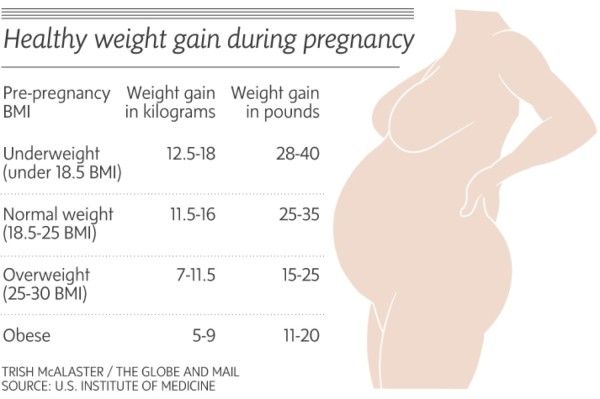 Cocoa is high in calories, so it contributes to weight gain, which is highly undesirable. Based on the foregoing, the use of cocoa is rather a contraindication during pregnancy
Cocoa is high in calories, so it contributes to weight gain, which is highly undesirable. Based on the foregoing, the use of cocoa is rather a contraindication during pregnancy
Contraindications in the second trimester of pregnancy
The second trimester of pregnancy is the most pleasant time! Toxicosis and ailments associated with the first trimester of pregnancy are already behind, but the size of the fetus and abdomen is still small, so a pregnant woman can enjoy her excellent condition.
Contraindications during pregnancy become much less than in the first trimester, and many of them are not so strict.
And yet, let's dwell on some of them. nine0005
What not to do in the second trimester of pregnancy?
- Power supply
Toxicosis of the first trimester of pregnancy has passed, and now the woman can return to her usual diet. However, in the second trimester there are a number of restrictions.
First of all, fatty heavy foods should be avoided. It is necessary to remove from the diet foods that can cause an allergic reaction, such as nuts, as well as foods with food additives and preservatives. Before you buy products, carefully study their composition on the label! nine0005
It is necessary to remove from the diet foods that can cause an allergic reaction, such as nuts, as well as foods with food additives and preservatives. Before you buy products, carefully study their composition on the label! nine0005
It is advisable to limit the intake of salty and smoked foods. Daily salt intake should also be reduced as salt retains fluid in the body, which can cause edema and is an additional burden on the kidneys, and increases blood pressure
sushi, as there is a risk of infection with helminths.A healthy, balanced diet is the basis for your well-being and the health of your baby. The basis of a healthy diet in the second trimester of pregnancy is cereals, followed by dairy products, fruits and vegetables in second place, and fish and meat in third place. It is advisable to refuse semi-finished products during this period. nine0005
- Vitamins and trace elements
Currently, an increasing number of experts adhere to the point of view that synthetic vitamins and microelements do not bring any benefit to the body, since they are not absorbed. Of course, vitamin complexes are not a contraindication during pregnancy, but you should not rely on their miraculous power, preference should be given to natural products.
Of course, vitamin complexes are not a contraindication during pregnancy, but you should not rely on their miraculous power, preference should be given to natural products.
Eat more fresh fruits and vegetables, and don't forget calcium-rich dairy products as your baby's skeleton begins to take shape during the second trimester. nine0005
- Skin, nails, hair
When it comes to caring for your body, contraindications and recommendations for pregnancy in the second trimester remain the same as in the first. Get more rest and be outdoors, and from cosmetics (including hair dye), give preference to natural hypoallergenic products.
- Alcohol and smoking
The answer to this question is unequivocal: alcohol and cigarettes are absolutely contraindicated during pregnancy. nine0005
- Medicines
The list of drugs that are not a contraindication during pregnancy is significantly expanded in the second trimester. However, before you start taking any medication, carefully read the attached instructions and consult your doctor.
For colds and to improve immunity, it is good to use traditional medicine: tea with honey and lemon, raspberry jam, sea buckthorn berries. nine0005
Other illnesses often require medication. It is necessary to be treated during pregnancy, including taking medications. Just let your doctor know about your situation, and he will select you drugs that are not contraindicated during pregnancy.
- Sexual relations
In the second trimester of pregnancy, sex is not a contraindication if the pregnancy proceeds without complications.
Different women have different attitudes towards sex during pregnancy. For some, sexual relationships are a joy and pleasure. In this case, you can have sex, and it is useful. However, there are women who are psychologically unable to have sex while pregnant. Then it might be worth asking your partner to wait a little for the health of mom and baby.
Thus, sexual life in the second trimester of pregnancy is not contraindicated, it all depends on the well-being and psychological state of the expectant mother. nine0005
nine0005
- Sports and fitness
Moderate exercise during the second trimester of pregnancy is very beneficial. Contraindication during pregnancy is only extreme sports and heavy power loads.
Continue to swim, do yoga, exercise therapy.
Outdoor walks are highly recommended.
However, potentially hazardous sports should be excluded. You should not ski or ride a bike, even if you feel well! nine0005
- Travel
The second trimester of pregnancy is the best time to travel! Just follow the recommendations of doctors during the trip and enjoy new experiences!
Choose a form of transport where you can get up and stretch when necessary.
You can also travel to exotic countries if you take precautions.
Flight is not a contraindication during the second trimester of pregnancy. However, take care of yourself in flight: wear anti-varicose tights, loose clothing, drink plenty of fluids during the flight, fasten the seat belt under your stomach.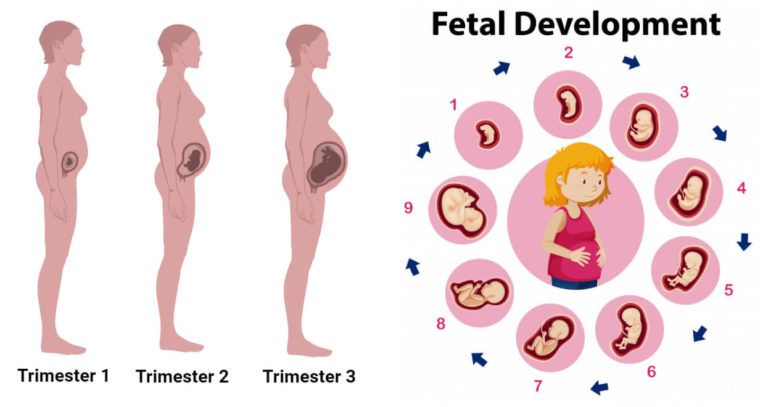 nine0005
nine0005
Contraindications in the third trimester of pregnancy
The third trimester is the most difficult period for a pregnant woman. The child is already large, and the size of the abdomen is a significant inconvenience. The body of the future mother is being rebuilt and preparing for the upcoming birth.
There are many more contraindications in pregnancy in the third trimester than in the second.
What should not be done in the third trimester of pregnancy?
- Power
In the third trimester, a woman begins to experience various inconveniences associated with digestion, such as heaviness in the stomach, heartburn, constipation. Therefore, it is necessary to review the diet and diet during this crucial period.
One of the most important tasks during this period is to monitor your own weight. Excess weight is an additional burden on the body, which can lead to complications during pregnancy.
However, keeping your weight under control does not mean starving! Diets during pregnancy are strictly contraindicated! nine0005
From the diet should be excluded foods that are not nutritionally useful, but only lead to excess weight. Such products include cakes, pastries, pies, buns, sweets, cookies.
Such products include cakes, pastries, pies, buns, sweets, cookies.
Preference should be given to dairy products, lean fish and meat, cereals, fruits and vegetables.
Eat a balanced, varied diet in small portions.
Overeating is also a contraindication during pregnancy. You should not take part in feasts at this time. nine0005
- Drinking mode
As for drinks, some of them are contraindicated in the third trimester of pregnancy.
First of all, these are any drinks containing alcohol, as well as energy drinks, sweet carbonated water, especially Pepsi and Fanta, strong coffee and tea.
Preference should be given to drinks such as herbal teas, natural juices, fruit drinks and compotes with a low sugar content. It is also recommended to drink ordinary mineral and table water. nine0005
In terms of fluid intake, gynecologists currently do not limit fluid intake during the third trimester. If a woman has edema, then this is not due to fluid intake, but to a violation of the kidneys, which can lead to a severe complication, preeclampsia.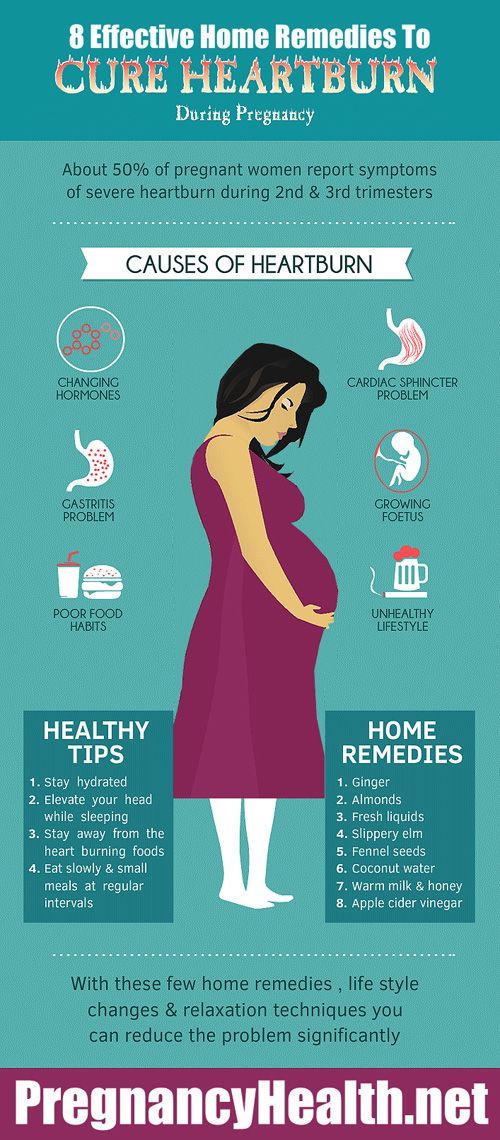
If edema occurs, you should immediately consult a doctor and take medical measures.
- Medicines
Some medications are still contraindicated during pregnancy in the third trimester. However, the list of drugs, the use of which is possible, is expanding more and more. nine0005
Therefore, doctors often postpone the treatment of certain diseases until the third trimester, when a woman can undergo drug therapy without harming either her health or the health of her unborn baby.
The rule for taking medications in the third trimester remains the same for the entire duration of pregnancy: before taking this or that drug, carefully read the instructions and consult a specialist.
- Physical activity
The physical condition of a woman in the third trimester imposes many restrictions on physical activity. nine0005
Contraindications during pregnancy during this period are weight lifting, strength exercises, active and potentially traumatic sports.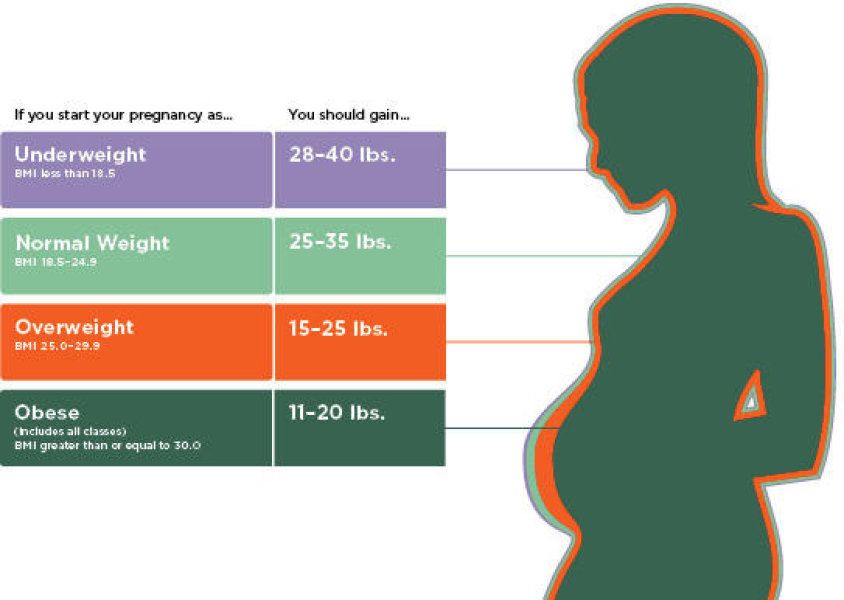
The child grows, takes up more and more space in the woman's body, and it becomes more and more difficult for her to move. Shortness of breath appears, previously normal movements become difficult: bending or climbing stairs.
However, exercise during the third trimester of pregnancy is not a contraindication. On the contrary, walking, swimming, special exercises for pregnant women are useful. nine0005
You should rely on your own well-being. Physical education should please, improve mood and not cause severe fatigue.
- Sex life
Sex in the third trimester of pregnancy is not contraindicated. However, sex should be treated with caution, given that not all methods are appropriate at this time.
In addition, at the very late stages of sex can become a stimulation of the onset of labor. Sometimes gynecologists even advise resorting to this method to start the process of childbirth. nine0005
Therefore, if a woman is at risk of premature birth, it is advisable to refrain from sexual activity during this period of pregnancy.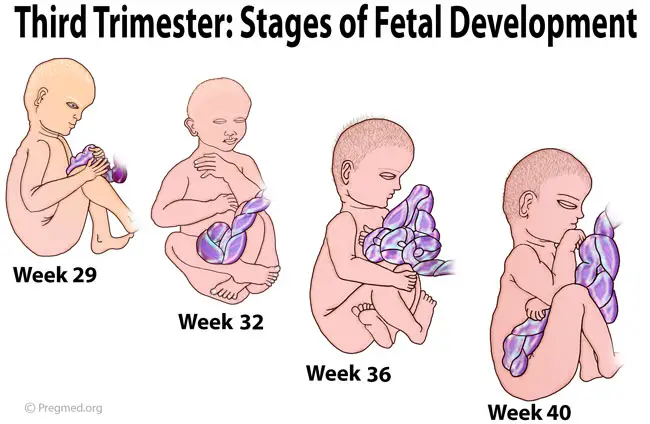
Sexual activity in the third trimester of pregnancy is recommended if desired and sensibly, if there are no complications.
Summing up all of the above, it should be noted that pregnancy is a special crucial period in a woman's life, which imposes a number of restrictions.
Contraindications during pregnancy are caused by the peculiarities of this period and do not prevent you from leading a normal life and enjoying your position. nine0005
Second trimester of pregnancy (13 to 28 weeks)
The beginning of the second trimester is traditionally considered one of the calmest. Walk more. Walking is very helpful. Sit down to rest only when you are tired. Movement in the fresh air improves the supply of oxygen to the fetus, which is very necessary for its normal development.
Nausea disappears, appetite improves. Do not eat a lot of salty, refuse marinades, smoked meats, if you have not done this before. The increased need of the child's body for proteins and vitamins begins. The daily diet should include meat or fish (boiled or stewed), dairy products, especially cottage cheese, eggs. Do not forget about vegetables, fruits, greens. An excellent source of vitamin C is sauerkraut (rather than salted) cabbage. Salads from carrots, cabbage, beets, apples, green radish should be on your table every day. nine0005
The daily diet should include meat or fish (boiled or stewed), dairy products, especially cottage cheese, eggs. Do not forget about vegetables, fruits, greens. An excellent source of vitamin C is sauerkraut (rather than salted) cabbage. Salads from carrots, cabbage, beets, apples, green radish should be on your table every day. nine0005
At 17-20 weeks you will feel your baby's first kicks. From them you can determine how comfortable the baby feels. Intense tremors are a signal of lack of oxygen. Maybe you haven’t walked for a long time or, on the contrary, you are engaged in hard physical labor. Get out into the fresh air or lie down to rest and you will immediately feel how the child has calmed down.
But the lack of movement is an alarm. See a doctor immediately!
The fetal need for calcium sharply increases - intensive growth of the skeleton has begun. If you don't have enough free calcium in your body right now, you could lose your teeth. To prevent this from happening, start taking calcium supplements in consultation with your doctor.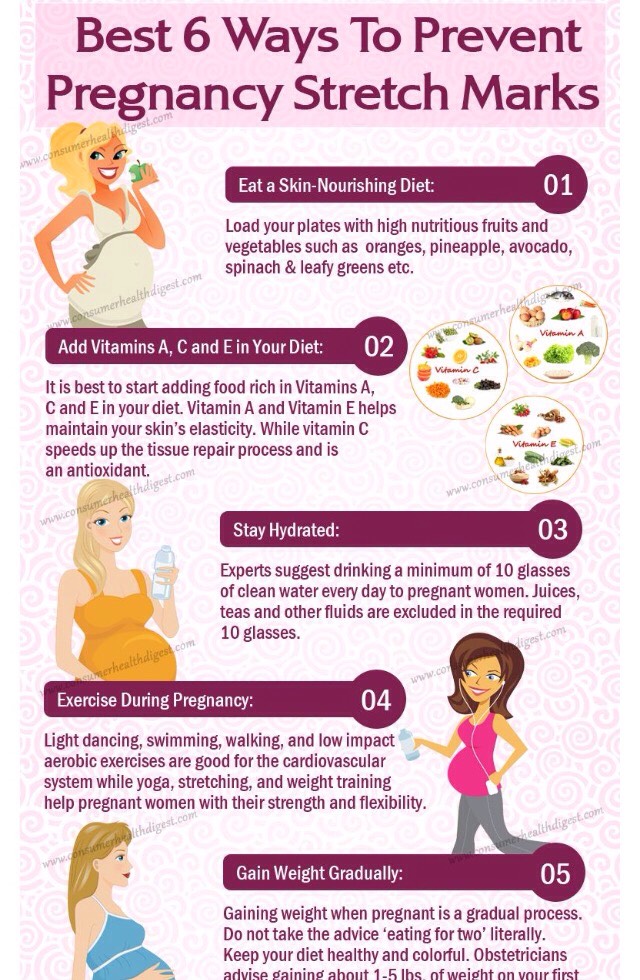 nine0005
nine0005
At this time, toxicosis of the second half of pregnancy may occur, the child suffers greatly from it. Therefore, if the doctor suggests hospitalization, do not refuse. Toxicosis can, if not be avoided, then at least reduce its manifestations. Be sure to follow your diet. Completely exclude salty, smoked, fried, spicy, canned food, chocolate. Do not eat a lot of grapes and drink fresh milk. Limit flour and rich products. As before, your diet should include boiled meat and fish, oatmeal and buckwheat porridge, vegetables and fruits
Periodically, once a week, check for fluid retention in the body. It is allowed to release liquid 200-300 ml less than what was drunk. If little urine is released, this is a signal of latent edema and the onset of toxicosis.
It is very good if you can measure your blood pressure at home. Show the results of measurements at the next visit to the doctor. Both high and too low pressure should alert. With low pressure, blood sluggishly crosses the placenta, and the baby does not receive enough nutrients.